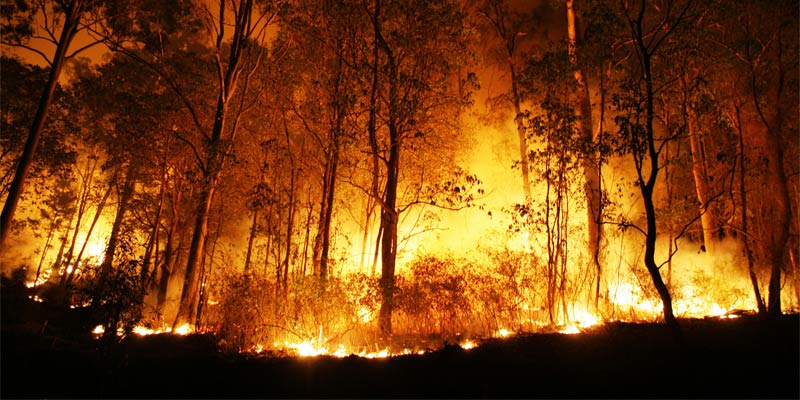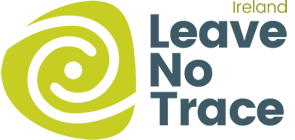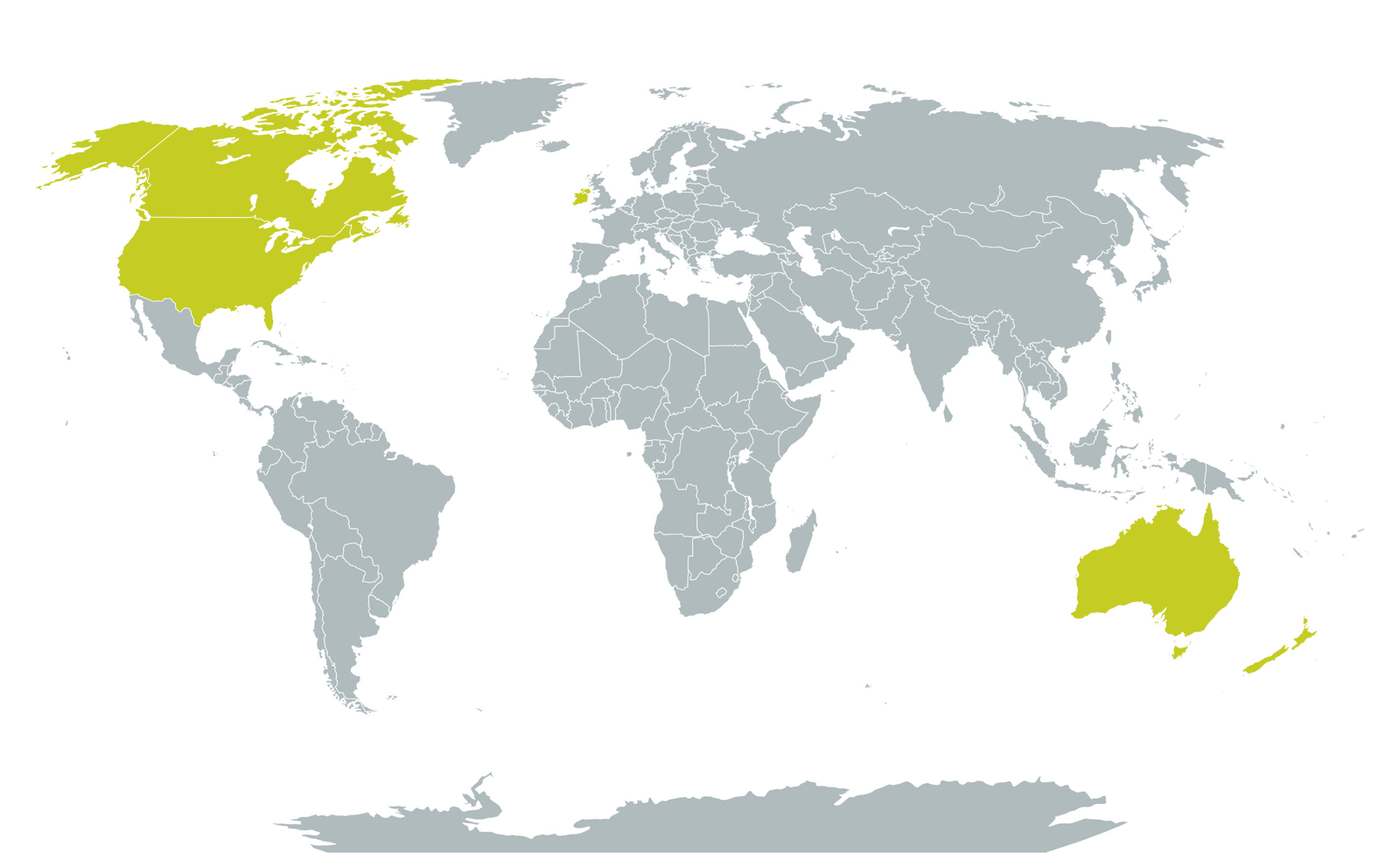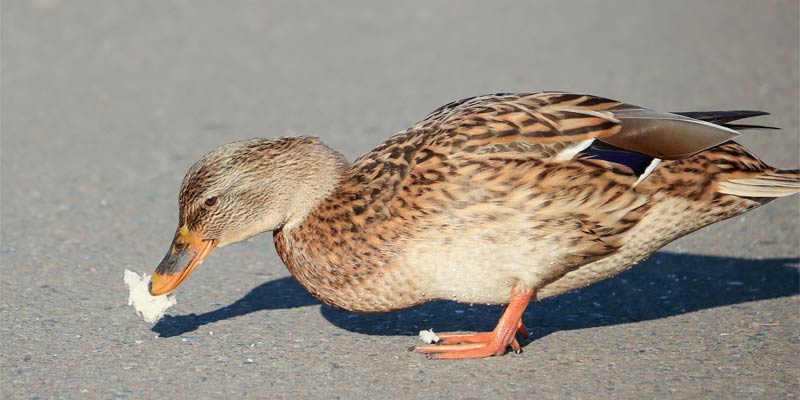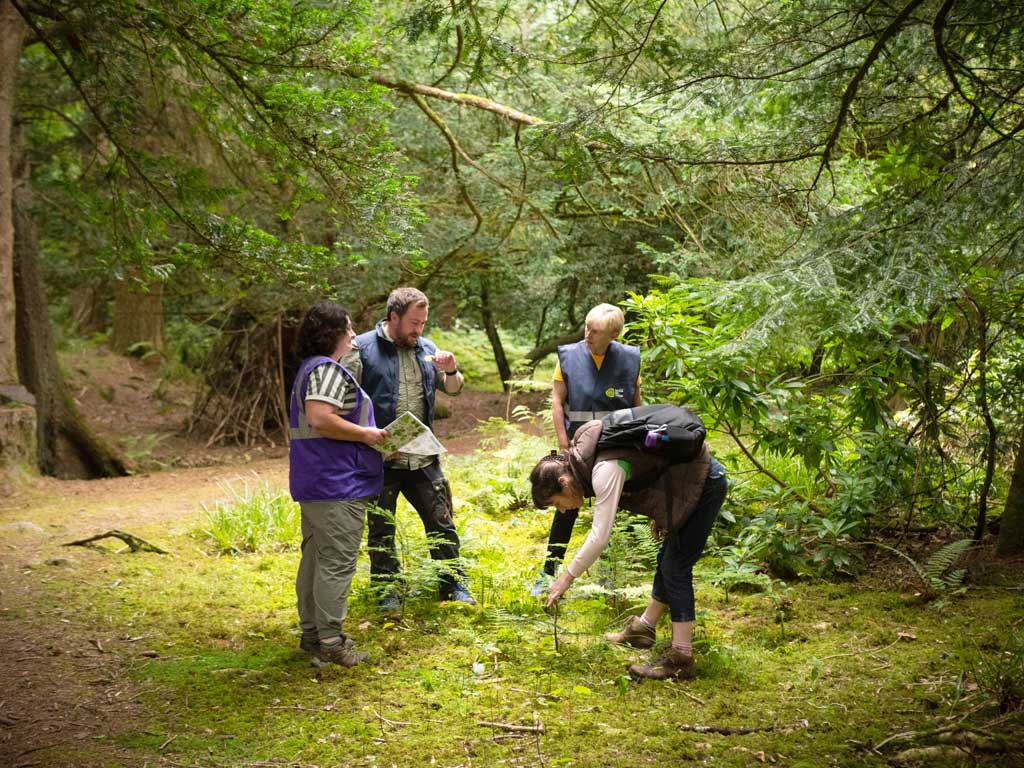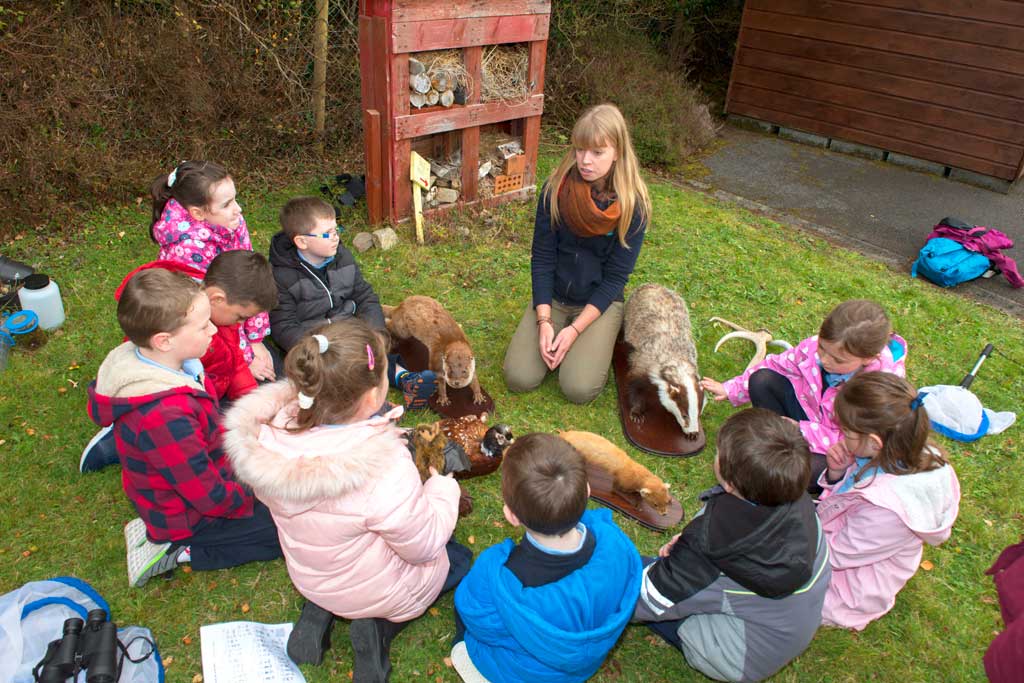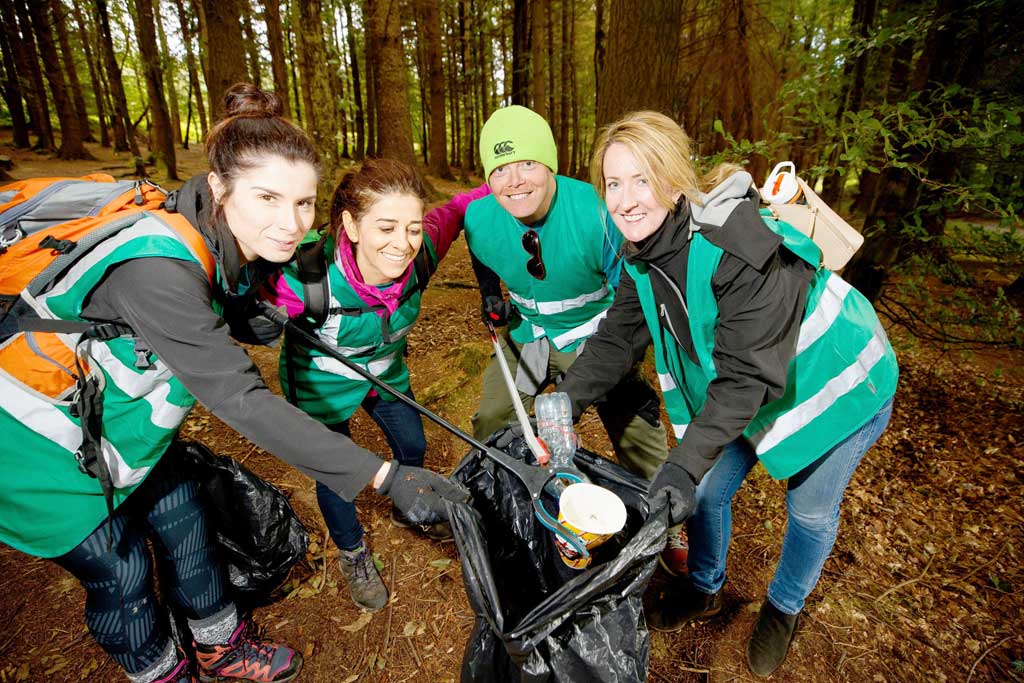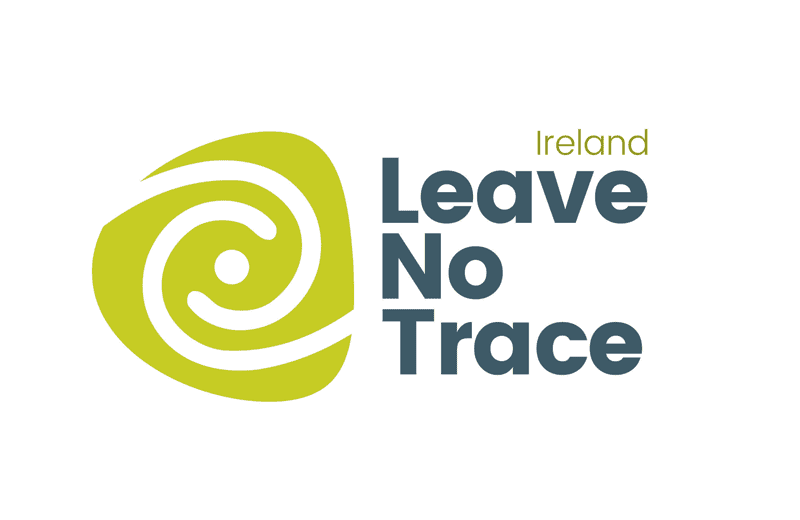
History of Leave No Trace IrelandIn the 1990s no national country code existed in the Republic of Ireland, although a plethora of codes from various organisations had been developed. Comhairle na Tuaithe, the Countryside Council, was set up in February 2004 to look at the following issues:
• access to the countryside
• developing a countryside code
• developing a countryside recreation strategy.
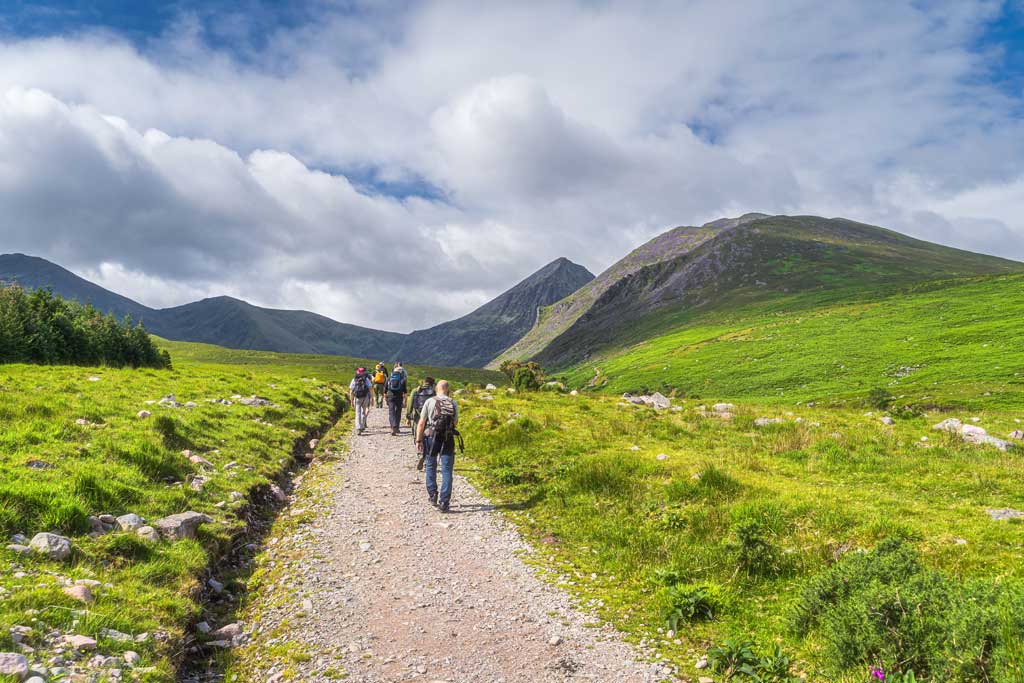
Comhairle na Tuaithe identified and agreed a set of operational rules for access to the countryside to help prevent conflict and serve a variety of needs and responsibilities. It was decided that the use of the internationally recognised Leave No Trace initiative was the best method to develop the features necessary for a countryside code in Ireland.
In 2006, it was agreed that the Leave No Trace message was the most relevant to the Irish context. Leave No Trace differs from all existing country codes in that it is an ‘education programme’ that constantly puts the message and skills before outdoor users. Leave No Trace concepts can be applied in Ireland’s uplands and lowlands, in urban parks, on lakes and rivers or in local neighbourhoods.
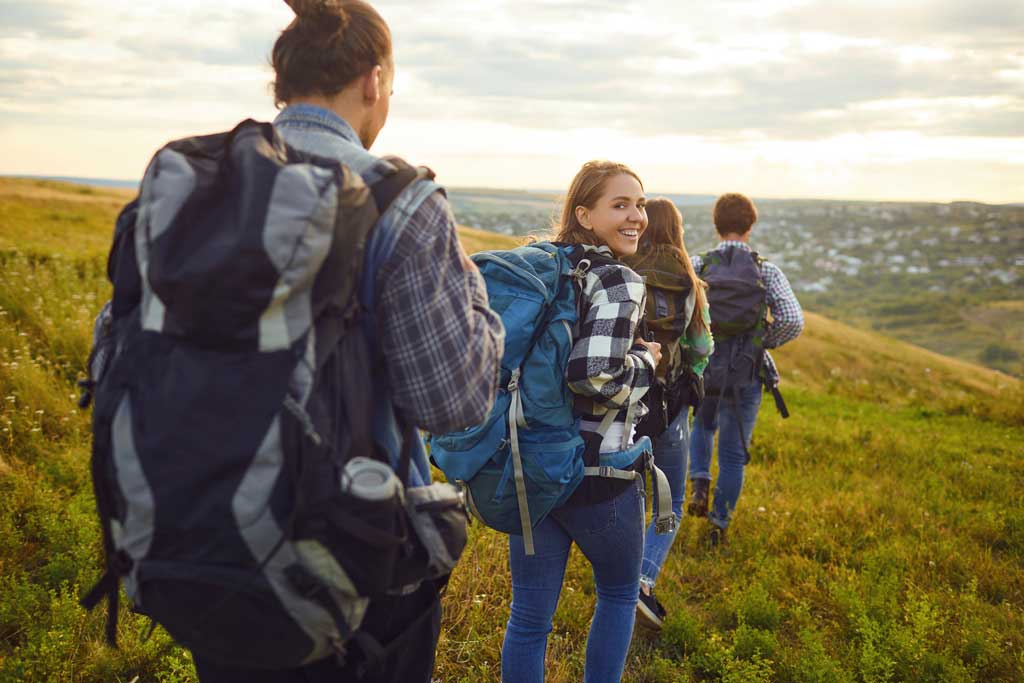
Evidence Based Programmes
Leave No Trace Ireland co-ordinates a continuous stream of research, to provide relevant and up-to-date social and environmental knowledge to underpin the Leave No Trace message in Ireland. Leave No Trace Ireland currently have Ph.D. and Master research programmes. For further information on Leave No Trace Ireland research follow the link below.
https://www.leavenotraceireland.org/resources/irish-publications/
The Leave No Trace Center for Outdoor Ethics USA funds, designs and undertakes research to inform new and effective ways to educate people about protecting our shared public lands.
To find out more about the international research conducted by The Leave No Trace Center for Outdoor Ethic please visit https://lnt.org/research-resources/
